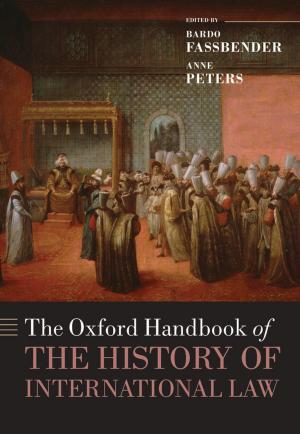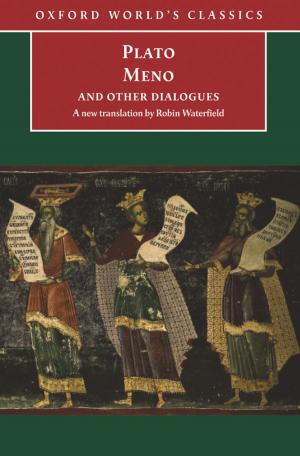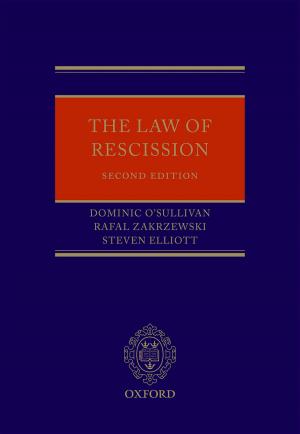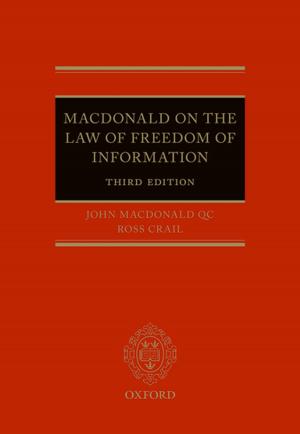The Oxford Handbook of German Philosophy in the Nineteenth Century
Nonfiction, Religion & Spirituality, Philosophy, Modern, Social & Cultural Studies, Social Science| Author: | ISBN: | 9780191065521 | |
| Publisher: | OUP Oxford | Publication: | February 5, 2015 |
| Imprint: | OUP Oxford | Language: | English |
| Author: | |
| ISBN: | 9780191065521 |
| Publisher: | OUP Oxford |
| Publication: | February 5, 2015 |
| Imprint: | OUP Oxford |
| Language: | English |
The Oxford Handbook of German Philosophy in the Nineteenth Century is the first collective critical study of this important period in intellectual history. The volume is divided into four parts. The first part explores individual philosophers, including Fichte, Hegel, Schopenhauer, Marx, and Nietzsche, amongst other great thinkers of the period. The second addresses key philosophical movements: Idealism, Romanticism, Neo-Kantianism, and Existentialism. The essays in the third part engage with different areas of philosophy that received particular attention at this time, including philosophy of nature, philosophy of mind, philosophy of language, philosophy of history, and hermeneutics. Finally, the contributors turn to discuss central philosophical topics, from skepticism to mat-erialism, from dialectics to ideas of historical and cultural Otherness, and from the reception of antiquity to atheism. Written by a team of leading experts, this Handbook will be an essential resource for anyone working in the area and will lead the direction of future research.
The Oxford Handbook of German Philosophy in the Nineteenth Century is the first collective critical study of this important period in intellectual history. The volume is divided into four parts. The first part explores individual philosophers, including Fichte, Hegel, Schopenhauer, Marx, and Nietzsche, amongst other great thinkers of the period. The second addresses key philosophical movements: Idealism, Romanticism, Neo-Kantianism, and Existentialism. The essays in the third part engage with different areas of philosophy that received particular attention at this time, including philosophy of nature, philosophy of mind, philosophy of language, philosophy of history, and hermeneutics. Finally, the contributors turn to discuss central philosophical topics, from skepticism to mat-erialism, from dialectics to ideas of historical and cultural Otherness, and from the reception of antiquity to atheism. Written by a team of leading experts, this Handbook will be an essential resource for anyone working in the area and will lead the direction of future research.















